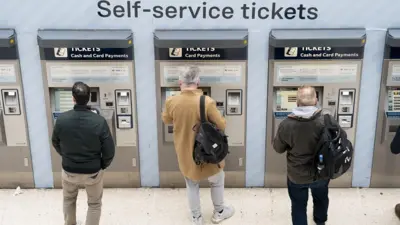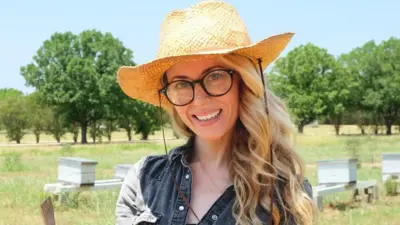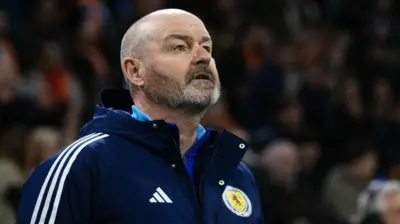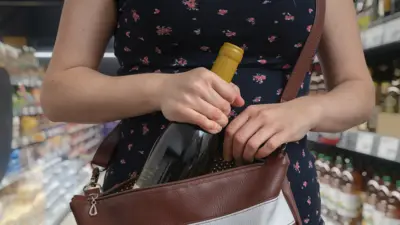We've updated our Privacy and Cookies Policy
We've made some important changes to our Privacy and Cookies Policy and we want you to know what this means for you and your data.
Record number of Gloucestershire patients wait for eating disorder treatment
Image source, Hanne Arts
Gloucestershire is the worst performing area in the country when it comes to treating young people with eating disorders.
Just 14% of sufferers with urgent cases were seen within the target of one week - the country's worst rate.
The news emerged as the service saw big increases in demand and delays in treatment because of the pandemic.
Gloucestershire Health and Care NHS Foundation Trust said it was "prioritising the most urgent cases".
It added that it was doing its "best" and was "working to reduce waiting times through additional recruitment and funding".
Referral targets missed
Data has revealed that 110 young people needed urgent care for eating disorders in Gloucestershire in the 12 months to the end of September.
That figure was double the previous year's and includes children suffering with anorexia, bulimia, binge eating and any other method of controlling food to cope with daily life.
Official guidelines say that in urgent cases patients should receive treatment within a week of referral.
Image source, Hanne Arts
During this period 86 young people in Gloucestershire have waited longer than that.
Of that figure, 35 have waited for longer than a month and eight had to wait for more than three months to be seen.
Hanne Arts, who lives in Stroud, runs a YouTube channel focused on helping people with eating disorders after overcoming the condition herself.
She said it was "important to get help early because the longer you wait the worse it gets".
"Certain behaviours or patterns can become more ingrained as time goes on," she added.
Image source, Getty Images
Pat Ayres MBE runs a support group for people with eating disorder in Cirencester and said Gloucestershire was at the "bottom of the league" because it was "so overwhelmed".
She added that it was vital to give people "the tools to be able to cope".
"If they slide back that's all part of recovery because it's a learning exercise," she said.
"Because you then know the patterns of your life - you can see what triggers that slippery slope and then you can deal with it.
"There's no quick fix."
Follow BBC West on Facebook, Twitter and Instagram. Send your story ideas to: bristol@bbc.co.uk
Top Stories
Features & Analysis
Most read
Content is not available








